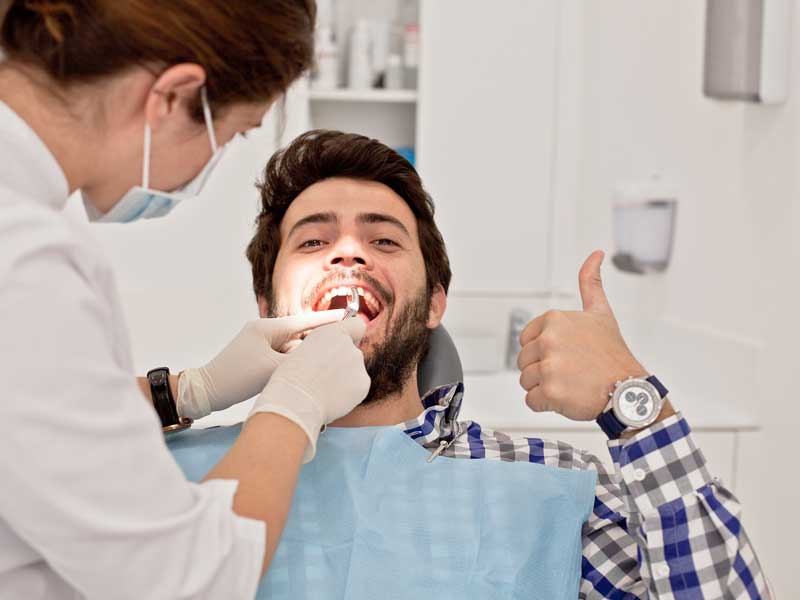
30
Nov
Everyone Needs Prophylaxis Once in a While | Riverside Dentist

Dentists recommend you brush your teeth twice a day, floss every day, and have regular professional cleanings. While brushing and flossing help remove food and plaque at home, professional cleanings are necessary to clean surfaces you’re unable to reach effectively, and to remove substances you’re unable to remove safely.
The term for professional cleaning is prophylaxis – it involves the removal of dental plaque, dental calculus, and stains from both the exposed and unexposed surfaces of the teeth. The goal of dental prophylaxis is prevention of disease by removing bacteria.
During the cleaning procedure itself, the dentist will use techniques such as scaling (where a physical instrument will be used to physically scrape tartar from teeth above and below the gum-line) and polishing (where a high-speed tool will be used to clean the surface of the teeth, removing plaque and making the surface less likely to accumulate plaque in the future). Finally, the dentist will also inspect teeth for signs of decay, disease, or damage, and will help identify minor problems before they grow into larger problems.
Professional cleanings are important – not only does it provide the dentist with an opportunity to check on your dental health, it helps remove calcified tartar before it has a chance to contribute to tooth decay. While brushing and flossing are vital to oral health, they are imperfect, and professional cleaning is just as important. If you have questions about the cleaning procedure, cost, or scheduling, contact your dentist’s office and ask.
Join Our 5 Star Community!



